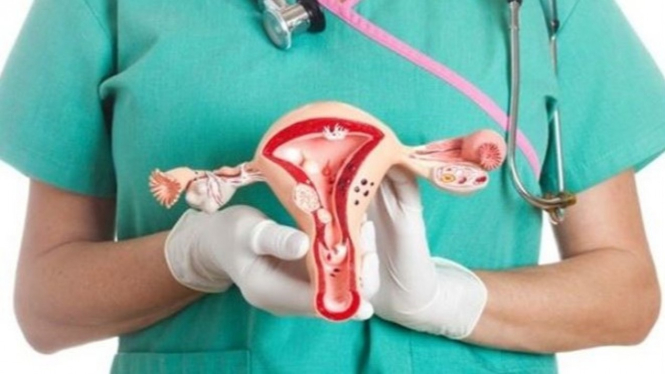In the event that the number of patients in hospitals continues to grow, the ability to provide quality emergency care will be jeopardized, he warned, criticizing the government for its slow response to the protracted shortage of medical staff.
Alliquette also said that many young Covid-19 patients, including expectant mothers, have recently been hospitalized.
“So I turn to young women – if you are expecting, please take great care of your health,” he added.
According to the doctor, another Covid-19 ward will be opened next Monday at Tallinn East Hospital, but the possibilities will be exhausted, because there are simply no more staff.
“Other hospitals are also increasing the number of places in Covid-19 wards. We hope that Tallinn will be able to cope, but if the number of patients in need of hospital treatment increases, there will be problems with the provision and quality of emergency care,” Allikwe said.
According to him, if the Department of Health decides to move to the third, highest level of emergency preparedness, which provides for 1,500 hospital beds for Covid-19 patients throughout Estonia, it will not be clear how this can be ensured due to insufficient staff.
“Unfortunately, we have not learned anything from last spring when there was a lack of nurses. When it became clear in the spring that something had to be done, additional admissions had to be planned in the autumn. There is a shortage of at least 500 nurses in Estonia. lack of it means a decline in the quality of health care, but it is difficult for people to explain.
“Rapid and decisive action is needed,” he stressed.
According to Illars Lanno, Director General of the Estonian Department of Health, preparations for a possible transition to the highest level of emergency preparedness are already underway as the morbidity continues to rise.
“If there are currently 80 to 100 patients a day admitted to hospitals, then in ten days their number will exceed a thousand. We currently have about 1,000 places, so there is not much time for reflection. If the number of patients reaches 1,500, we will obviously have to make this decision. [par augstākā gatavības līmeņa noteikšanu], “he added.
Urmas Sule, Head of the Crisis Headquarters of the Health Department, has admitted that the third level of readiness in the Estonian health care system would be announced for the first time, because such a difficult situation has not yet existed. According to him, instructions are already being developed on what doctors should do if they have to decide who to help and who to refuse.
He emphasized that the aim of these readiness levels was not to reduce the availability of medical care, but to set out clear principles for providing people with adequate care in the most difficult situations, but also for giving doctors confidence in making important decisions in the face of extreme resource scarcity. conditions.
“We hope that the third level will not be necessary, but you can’t know that,” Sule added.
The Department of Health estimates that the 14-day cumulative number of Covid-19 cases per 100,000 population in Estonia on March 10 is 1,392.95, but the proportion of positive tests in the past day has reached 19%.
Currently, 639 Covid-19 patients are treated in Estonian hospitals. There are 58 people in intensive care, 41 of whom have artificial lung ventilation.
–


